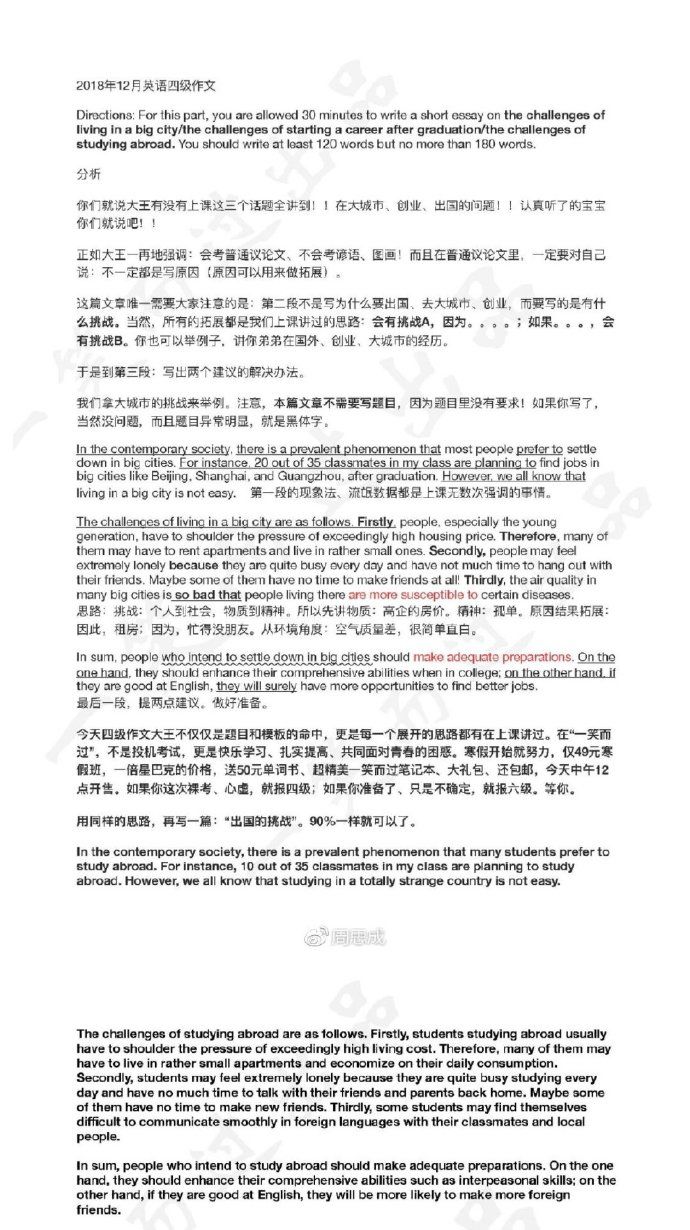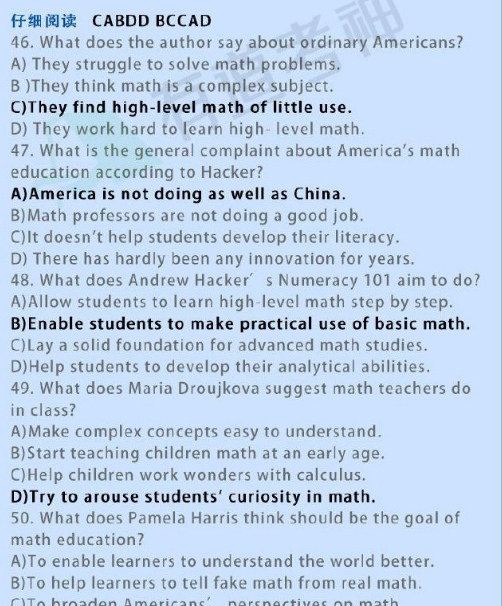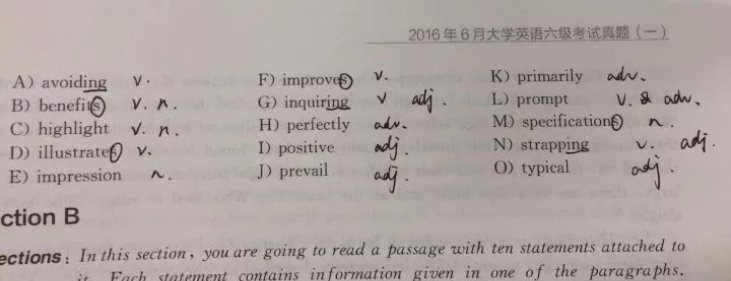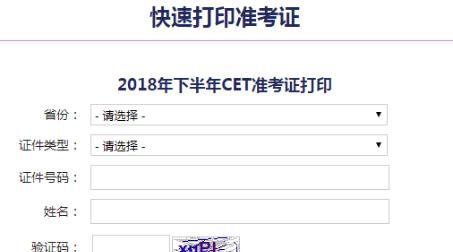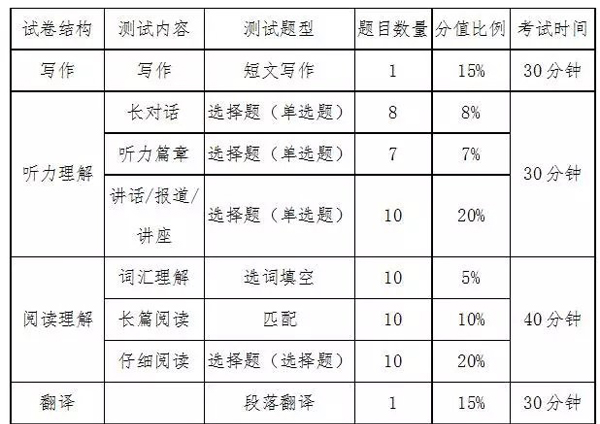LSAT模拟试题:LSAT模拟试题TEST3逻辑9b
|
7. When individual students are all treated equally in that they have identical exposure to curriculum material, the rate, quality, and quantity of learning will vary from student to student. If all students are to master a given curriculum, some of them need different types of help than others, as any experienced teacher knows. If the statements above are both true, which one of the following conclusions can be drawn on the basis of them? (A) Unequal treatment, in a sense, of individual students is required in order to ensure equality with respect to the educational tasks they master. (B) The rate and quality of learning, with learning understood as the acquiring of the ability to solve problems within a given curriculum area, depend on the quality of teaching an individual student receives in any given curriculum. (C) The more experienced the teacher is, the more the students will learn. (D) All students should have identical exposure to learn the material being taught in any given curriculum. (E) Teachers should help each of their students to learn as much as possible. 8. George: Some scientists say that global warming will occur because people are releasing large amounts of carbon dioxide into the atmosphere by burning trees and fossil fuels. We can see, though, that the predicted warming is occurring already. In the middle of last winter, we had a month of springlike weather in our area, and this fall, because of unusually mild temperatures, the leaves on our town抯 trees were three weeks late in turning color. Which one of the following would it be most relevant to investigate in evaluating the conclusion of George抯 argument? (A) whether carbon dioxide is the only cause of global warming (B) when leaves on the trees in the town usually change color (C) what proportion of global emissions of carbon dioxide is due to the burning of trees by humans (D) whether air pollution is causing some trees in the are to lose their leaves (E) whether unusually warm weather is occurring elsewhere on the globe more frequently than before 9. Student representative: Our university, in expelling a student who verbally harassed his roommate, has erred by penalizing the student for doing what he surely has a right to do: speak his mind! Dean of students: but what you' re saying is that our university should endorse verbal harassment. Yet surely if we did that, we would threaten the free flow of ideas that is the essence of university life. Which one of the following is a questionable technique that the dean of students uses in attempting to refute the student representative? (A) challenging the student representative抯 knowledge of the process by which the student was expelled (B) invoking a fallacious distinction between speech and other sorts of behavior (C) misdescribing the student representative' s position, thereby making it easier to challenge (D) questioning the motives of the student representative rather than offering reasons for the conclusion defended (E) relying on a position of power to silence the opposing viewpoint with a threat 10. Famous personalities found guilty of many types of crimes in well-publicized trials are increasingly sentenced to the performance of community service, though unknown defendants convicted of similar crimes almost always serve prison sentences. However, the principle of equality before the law rules out using fame and publicity as relevant considerations in the sentencing of convicted criminals. The statements above, if true, most strongly support which one of the following conclusions? (A) The principle of equality before the law if rigorously applied in only a few types of criminal trials. (B) The number of convicted celebrities sentenced to community service should equal the number of convicted unknown defendants sentenced to community service. (C) The principle of equality before the law can properly be overridden by other principles in some cases. (D) The sentencing of celebrities to community service instead of prison constitutes a violation of the principle of equality before the law in many cases. (E) The principle of equality before the law does not allow for leniency in sentencing. 11. Scientific research at a certain university was supported in part by an annual grant from a major foundation. When the university' s physics department embarked on weapons-related research, the foundation, which has a purely humanitarian mission, threatened to cancel its grant. The university then promised that none of the foundation' s money would be used for the weapons research, whereupon the foundation withdrew its threat, concluding that the weapons research would not benefit from the foundation' s grants. Which one of the following describes a flaw in the reasoning underlying the foundation's conclusion? (A) It overlooks the possibility that the availability of the foundation's money for humanitarian uses will allow the university to redirect other funds from humanitarian uses to weapons research. (B) It overlooks the possibility that the physics department' s weapons research is not he only one of the university's research activities with other than purely humanitarian purposes. (C) It overlooks the possibility that the university made its promise specifically in order to induce the foundation to withdraw its threat. (D) It confuses the intention of not using a sum of money for a particular purpose with the intention of not using that sum of money at all. (E) It assumes that if the means to achieve an objective are humanitarian in character, then the objective is also humanitarian in character. 12. To suit the needs of corporate clients, advertising agencies have successfully modified a strategy originally developed for political campaigns. This strategy aims to provide clients with free publicity and air time by designing an advertising campaign that is controversial, thus drawing prime-time media coverage and evoking public comment by officials. The Statements above, if true, most seriously undermine which one of the following assertions? (A) The usefulness of an advertising campaign is based solely on the degree to which the campaign抯 advertisements persuade their audiences. (B) Only a small percentage of eligible voters admit to being influenced by advertising campaigns in deciding how to vote. (C) Campaign managers have transformed political campaigns by making increasing use of strategies borrowed from corporate advertising campaigns. (D) Corporations are typically more concerned with maintaining public recognition of the corporate name than with enhancing goodwill toward the corporation. (E) Advertising agencies that specialize in campaigns for corporate clients are not usually chosen for political campaigns |


